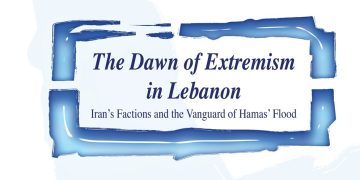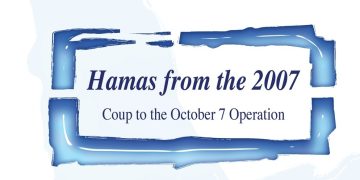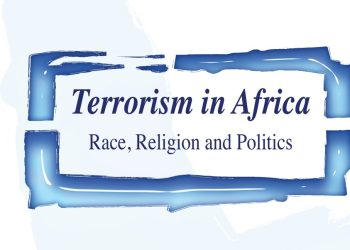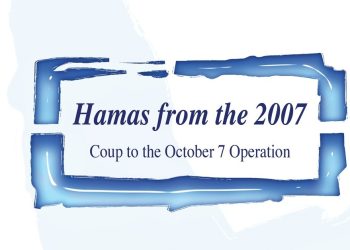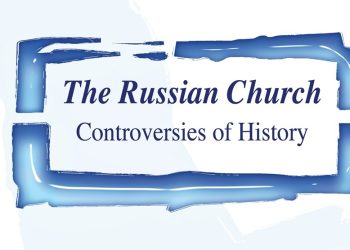Al Mesbar Center’s 104th monthly book, Political Islam and Jihadism in Egypt and Tunisia (August 2015), examines the transformations in political Islam after the Arab Spring. The book focuses on Egypt and Tunisia, where Islamist groups demonstrated contrasting activities and approaches. The main objective of the volume is to assess the nature of these transformations and review the motives behind them.
Political Islam changes and transforms in accordance with surrounding conditions. Since its early incarnations, political Islam has tended to maneuver between a populist discourse, revolutionary activity, engagement with authorities, confronting society and state, pursuing interests in local matters, and universal missionary proselytism. The aforementioned do not reflect stages of political Islam but rather responses to political, social and economic realities in the states where it is based.
The nature of the Muslim Brotherhood as it was established in the 1920s by Hasan al-Banna evolved during the 1940s due to changes in the Egyptian political scene. It transformed again after the July 23rd, 1952 revolution, and against after the 1967 war, and yet again after the Iranian revolution in 1979 and on to the Russian invasion of Afghanistan, the establishment of Al-Qaeda, and finally, the Arab Spring and the era of Islamist political authority.
Regional factors have influenced political Islam and imposed differing realities from one state to the next: Egypt, Pakistan, Jordan, Morocco, Iraq, Iran, Sudan and others. Nor are the transformations only domestic and regional: They are also international, in light of the migration of communities of support for political Islamist groups to the West, and ensuing efforts to adjust to the new environment. Today we are witnessing a reverse emigration as the products of political Islam in the West: western militants leaving their countries to join ISIS.
What do we mean by “transformations in political Islam?” We mean a change in approach due to pressure in the political scene, and the ideological transformation it imposes. Political Islam per se remains unchanged; the changes do not reach the core, which is based on revolution. Islamists believe in the concept of centralization, which is manifested in the aspiration to reestablish the Islamic Caliphate which conforms to Sharia Law and glorifies a nation of puritanical Islam based on the earliest period of the history of the faith. Political Islam regards it as necessary to achieve this central objective by giving one’s money and life and using violence against those who oppose the overall project. One of the ideological bases of Islamists is theories alleging that the West wants to destroy Islam, and is constantly working against it. Another pillar is the principe that state borders are only the result of the West’s evil doing. These ideologies were compromised, however, where Islamists took power and in some instances, political interests trumped ideology.
Some transformations in political Islam are due to broader, mainstream dynamics in the society: the protests in Arab Spring states, for example, followed by the June 30th revolution. The key contrast between Islamist experiences in Egypt and Tunisia is that, whereas the former was a case of an ideological movement led by Qutbists who aimed to controll state and society to achieve the ultimate goal of reviving the Caliphate, the latter has been more pragmatic and demonstrated more openness. This perhaps explains the contrast between the two groups as a result of the contrasts on the ground in their respective environments. In Egypt, the Brotherhood latched on to authority; in Tunisia they let go in response to public pressure. Egypt’s Brotherhood were resilient in their attempt to forcefully impose Sharia law, whereas the Brotherhood of Tunisia knew they were no match for a society still influenced by Burguiba.
Reading and analysis of these transformations in such critical times represent a challenge for scholars and experts alike due to the rapid changes of the exceptional and unstable times we live in. However, the book recruits former Islamists who know first-hand how and why such transformations happen.
The center would like to extend its gratitude to all the experts who contributed to this project, especially Omar Al-Turabi and Maher Farghali for coordinating the chapters.



